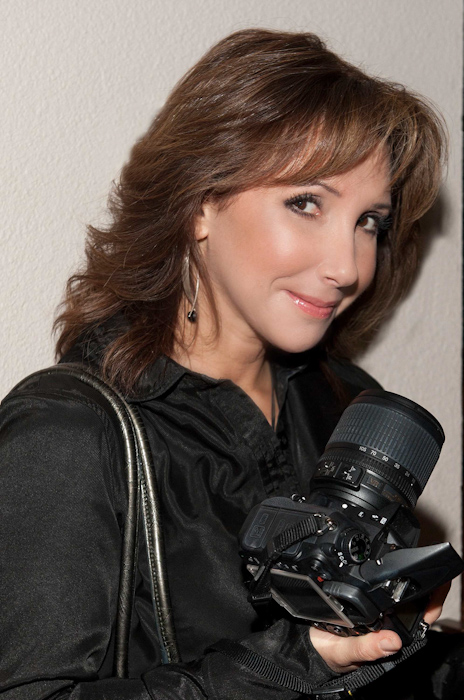Chicago Tribune: Local clothing company makes helping homeless a central part of business
When two long-time friends, Chad Husar and Ernst Berlin, discovered their shared belief in social consciousness, they realized they had more in common than just a mutual affinity for vintage arcade games.
In February of 2017, the two formed Lost Format Apparel Co., a fashion start-up borne of a desire to serve the homeless community of Chicago.
“We live here and see the struggle every day,” said Berlin, 36, formerly of Deerfield, “And you wonder if there is anything else you can do; a different way to approach it.”
Husar, 39, formerly of Evanston added: “We are interested in not just helping but in changing how people think about (homelessness).”
On March 15, the partners officially opened their Chicago-based distribution center offering ‘socially conscious clothing’ splashed with visuals invoking the bygone graphics era of 1980’s. The moniker, Lost Format, is meant to speak to several themes at once.
“The way that they created things back then - with vector-style art forms, lines and geometric shapes - is kind of a lost art form,” said Berlin adding, “The people you see in the streets, as well, at this point are just forgotten. Lost Format encompasses all that.”
The partners are focusing their business model on making a difference in their communities and hoping it serves as an example for other companies to follow suit.
“From the very first step of production to the time it gets into our hands to the time it gets into our customer’s hands, every step has to be socially conscious,” said Berlin.
Husar creates all the designs which are then emblazoned on a variety of natural materials including beech tree fibers, organic cotton and polyester wrought from recycled bottles. Prices range from $22 dollars for t-shirts to $66 dollars for hoodies.
Vintage themes aside, Husar and Berlin have geared their company towards Millennials, a segment of the population identified by the Case Foundation’s Millennium Impact Report as being focused on donating in ways that helps the world while helping them achieve their own aspirations.
This fits right in with LFAC’s modus operandi. “It’s a really simple way for consumers to be part of the solution without doing too much,” said Berlin. “If they support our company and they buy from us, they automatically know that their money is going towards something that is actually going to help benefit the community.”
Global Reach - Local Focus
LFAC’s has tapped manufacturing facilities the US, Egypt, Honduras and China, all of which are WRAP (Worldwide Responsible Accredited Production) certified and sweatshop-free labor.
Locally, they partnered with La Casa Norte, a leading Chicago agency providing access to stable housing and comprehensive services for youth and families confronting homelessness.
“We met them in July and they have been so engaged with the organization. It’s been a really great partnership,” said Jessica Rodriguez, associate director of development, La Casa Norte.
In 2017, LCN aided more than 900 transient youth, aged 16-24, by providing clothing, essentials and shelter. From her vantage on the front lines of the issue, Rodriguez emphasizes that there is variety of ways to help, not just through the donation of money.
Having Millennials as their target audience, Husar and Berlin have naturally honed in on the transient youth dilemma. “They’re more focused with youth and they are there at the table with us really having these conversations with folks, and also providing us connections (to) get other people just as excited as we are to be engaged with the mission,” said Rodriguez.
Next Steps
After this initial soft launch, Lost Format’s immediate next goal is to open a storefront which would allow them to provide an individual confronted with homelessness with a work place; as well as food, a shower, and a laundry facility for a period of six months to a year.
“Whatever they need to get up and going to get back on their feet. Then we can assist a new person,” explained Berlin, envisioning a work flow that would honor they mission by providing all-encompassing aid.
“We want to have business rethink the way that they donate,” said Husar. “Not just donate for the sake of donating but donate in a way that actually helps people.”







